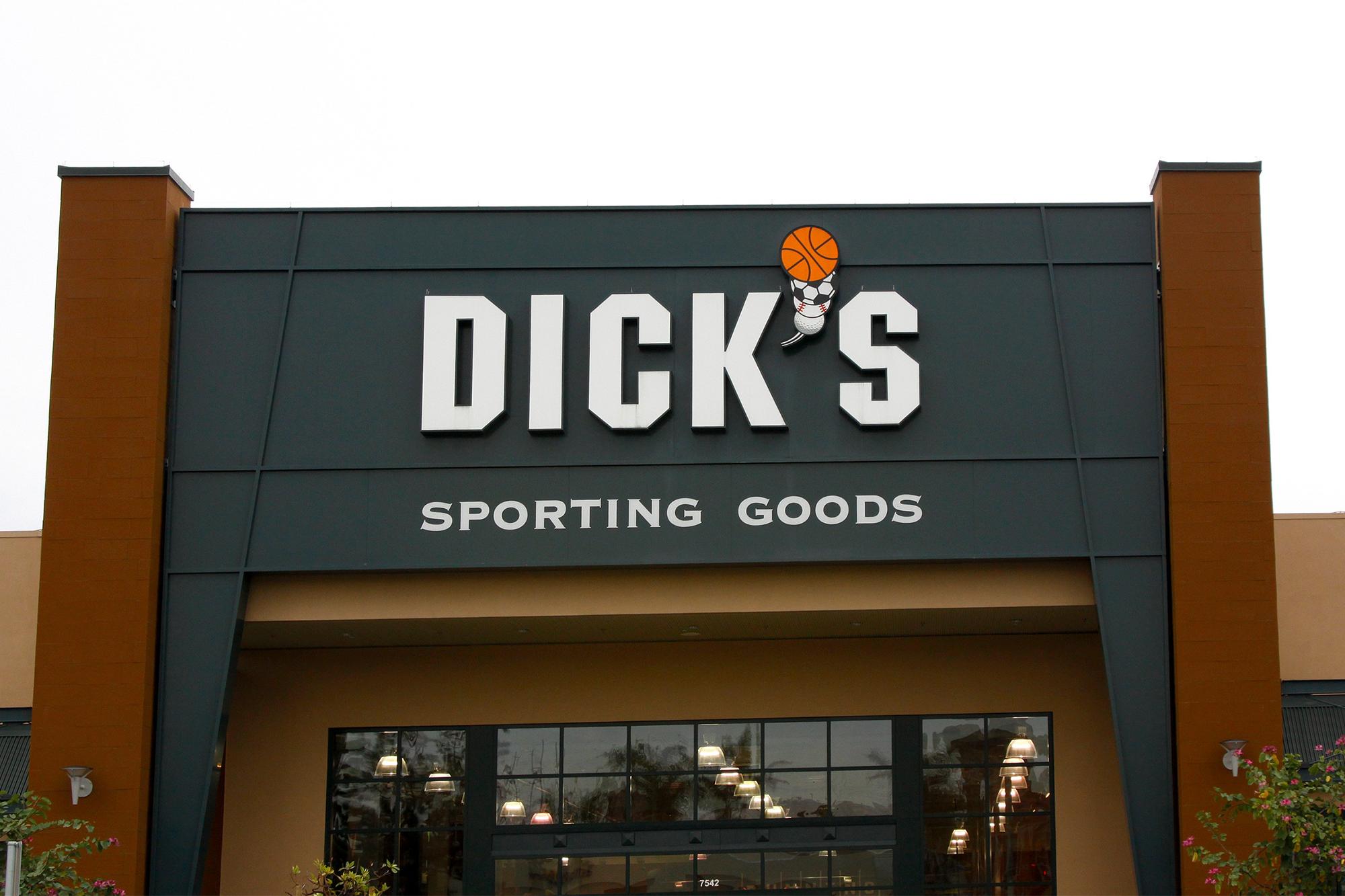
Service providers make it easier for customers to shop. These services include the display of products and the employment salespeople. Retail stores provide many career options and high annual sales. You can also find a wide range of products and services in retail stores. Retailers also spread information about the products and services to the customers through display, signage, and sales personnel. Below are some of the most common types of retail jobs:
Wholesaler
A wholesaler-retailer relationship has been successful for many years. Most wholesalers approach retailers directly in order to start a business relationship. How do you make this relationship work? Here are a few tips. Before you make a decision, take into account the strength and potential impact of your products, your workforce, as well as your business channels. It is important to always sell the highest quality products and ensure that you have a reliable sourcing system.
A retailer is a local shop owner who buys large amounts of products from a wholesaler and then resells them to consumers. The retailer is the representative of the company's end users. Retailers pass on the wholesaler's discounts to the end user and often offer seasonal and cash discounts. Both wholesalers, and retailers, make money from these transactions. No matter what business you run, this relationship is vital to your success.
A wholesaler works closely with the manufacturer and the customer. The wholesaler might be able remove the manufacturer from the equation when purchasing products from them. The wholesaler may even be able to add their own label on the product. Also, wholesalers can learn from the success stories of their products. Next, you can focus your efforts on those products to grow and expand your business. There are many benefits. You can make a difference by working closely with wholesalers.
Wholesalers and retailers compete for resale profit. It is important to not lower the wholesalers' price. This will cause damage to the relationship. You can prevent this by setting up price lists that are different for each vendor, channel, and even between vendors. This will protect your profits and ensure that you don’t undercut other vendors. For those who are unfamiliar with this business model, you can read the following to get more information.
A wholesaler is the intermediary between the manufacturer of the product and the retailer. A wholesaler buys products in large quantities and sells them to a retailer, and the retailer sells them in small quantities to the final consumer. Wholesale goods are typically sold at a higher price than their manufacturer's prices. A retailer is different from a wholesaler because they specialize in a particular product and sell a variety of goods.
Fixed retailer
The Fixed retailer is an example of a shop that sells a narrow range of goods. The shop owner usually manages this type of retailer, along with a sales associate. They are often located in residential areas. These fixed shops offer convenient shopping and sometimes credit facilities. These shops allow customers to feel a personal connection and have the convenience of a central location. Below are some characteristics of Fixed Retailers. Read on to learn more about these businesses.

Street stallholders work out of stalls on the streets. These stores don't move often and are usually in central areas that receive a lot of foot traffic. Street stalls don't have the capacity to hold large inventories. They typically sell everyday-use items. However, it is important to note that fixed retailers may have a much larger inventory than a hawker or peddler. This makes fixed retailers more versatile than their roving counterparts.
Fixed retailers operate on an extremely small scale selling a variety goods from one fixed location. They are also known as "fixed shop" retailers. They tend to have a fixed shop, and typically carry small quantities of goods. But their success depends on how big they are and how adaptable they are to changing markets. Even small businesses can have unique characteristics that make them stand out from larger competitors. How can a fixed retailer get the most out of a small-scale, niche model?
The most obvious difference between a fixed-shop retailer and an itinerant one is scale. Itinerant retailers move from one area to another while fixed-shop sellers have a central location where they do their business. A fixed-shop merchant is more established than the one who travels, and can offer more products and services. Fixed Retailers have the ability to operate at large scales, while maintaining small-scale operations. It is easy to establish small scale retailers and don't require the assistance of others.
Itinerant retailer
A retailer that is not an itinerant is one who has a shop where goods are sold to the public. These retailers can either be small-scale or large-scale. Smaller shops may sell fewer products because they don't have storage space. Larger shops have the capital to offer quality goods to their customers. These retailers also have a wide variety of products to choose from.
The word itinerant is derived from "itinerant", which is pronounced "eyeTIN-erant". An itinerary is a list of the traveler's plans and schedule. An itinerant retailer may be one of four types, including street traders, hawkers, and market traders. Itinerant sellers may not have their own shop or location. They are also known as "hawkers" and "paddle traders".
Itinerant retailers have two main advantages: low capital and the ability of moving from one place to another. This allows them to offer personalized customer service. They are able to deliver the items customers require at their doorsteps. They often sell low-priced goods that people use every single day. They are typically less expensive than traditional retail businesses and often have lower prices than their competitors.
In the United States, the term "itinerant merchant" refers to a retail trader who operates outside of a building. A seller who sells goods outside a structure, often using a ferry to transport the goods. This type of merchant may not be legal in every place. Itinerant sellers can legally operate so long as they have the right permits and are not in business for more than 180 days each calendar year.
Service provider

Keep in mind that each provider will have different costs and customer support. Most retailers expect some support for any issues that arise in-store. PSPs provide support for customers with difficulties paying online. Online merchants are at greater risk than any other business of being rejected for payment. This is why risk protection services can be especially useful. High rejection rates can adversely impact profits, and lead to higher payment processing costs and collection and warning fees.
The retail landscape is becoming increasingly complex. Omnichannel shopping and ecommerce are just two examples of this complexity. Retailers must optimize their supply chains and increase staff efficiency, even though margins are still slim. Cybersecurity threats continue to pose a serious threat to consumer data, which is essential to creating differentiated customer experiences. To complement their core strengths, retailers should consider partnering with specialized solution providers. Luckily, RMS is a Preferred Service Provider with extensive experience in the field.
A service provider is a company that offers both physical products and related services. This allows customers to have the ultimate shopping experience. A retailer is clearly a service provider. They offer enhanced customer experiences, accept multiple payment methods, and provide demonstrations and recommendations. The service provider not only provides convenience, but also keeps its customers loyal. This business model is ideal for retailers. Service retailers are able to build customer loyalty and increase profits while still offering the best in-class service.
FAQ
Which are the best times to shop online?
Sunday is the best day for shopping online for clothes. This is because you can take your time and browse through different stores to find what you are looking. Monday is the day you should purchase everything you will need for the coming week. Do any last-minute shopping on Tuesday. Wednesday is the best day to start shopping for Christmas. Thursday is the time to begin planning for Easter. Get ready for the summer holidays with preparations on Friday. Saturday is when you should start preparing for the school holidays. Last but not least, complete all remaining tasks for the week.
Can I purchase clothes online and then return them?
Absolutely! Online shopping is now easier than ever. All major retailers offer returns free of charge. Simply print off a label and drop it in the mail.
But, you won't get a refund until the item arrives. To return the product if you have a different opinion, please let us know.
How can you be a smart buyer when shopping online?
You can only succeed if you know how to make informed decision. Knowing what you want is key to success. Then find the best deal for you.
You should also learn to shop around and compare prices from different retailers. This will enable you to determine where your money is best spent.
Read reviews and ratings before you buy. These ratings and reviews can help you decide whether or not to buy.
If you don't want to pay full price, there are many ways to save money, including coupons and promotions.
A credit card company can provide financing if you purchase expensive goods. Many offer special deals such as 0% interest for 12 month.
You can save money online shopping in many ways, but these are just a few.
What gift cards can I use to shop online with?
Gift cards can also be accepted in many online stores. These cards can be used to buy products online.
They cannot be used to redeem reward point.
Do I really need to register a credit card number in order to shop online with it?
It is not necessary to register your credit card. Registering your credit card is optional if you want to be eligible for special offers or discounts. It is always a good idea for you to verify your identity with the bank.
Statistics
- An approximately 90% increase in price affords Hotel X the opportunity of extreme profits under severe circumstances. (dos.ny.gov)
- The tax is automatically added once you click the checkout button, so factor in an additional 20% when looking at the product page. (makeuseof.com)
- According to the Federal Trade Commission (FTC), online shopping was the fourth most common fraud category for consumers as of February 2022.5 (thebalance.com)
- Beyond that, you'll be liable for a 25% import tax. (makeuseof.com)
External Links
How To
What are safe online shopping tips?
If you want to shop online safely, safe online shopping is essential. It's important to know how you can shop at different sites without being scammed.
If you are looking for the best ways to buy items online, read on! This article provides all the tricks and tips you need to avoid falling for scams.
-
Do your research. Before you decide to shop online, it's essential to do your homework first. Look for reviews and customer feedback about the company that you are considering buying from. Ask friends for recommendations.
-
You can shop around. Compare prices across multiple sellers if you aren't sure if a particular shop is reliable. Consider price comparison apps like Amazon Price Checker or Google Shopping. These tools let you see which retailers have the lowest prices.
-
Pay attention to red flags. Watch out for signs that a scammer might be trying to trick customers when browsing product pages. Fake sites often have misspelled words, grammatical mistakes, and other problems. They often sell fake or incomplete products.
-
Pop-up windows are a danger. Some websites use pop-ups as a way to collect sensitive data such as passwords and credit card numbers. If you are confronted with one of these, please close it by pressing "escape", or select another browser window.
-
Ask yourself questions. When you visit a website, think about the following questions: Does this website seem trustworthy? Do they offer the services I require? Do I have the ability to trust the people who run the site?
-
Don't reveal your personal data. You must initiate the transaction before you can give financial information over the telephone or via email.
-
Avoid clicking on email links. It's very easy to click on a link in an email and end up on a phishing site that looks exactly like the real thing. This type of fraud can only be avoided by opening emails from trusted sources, such as banks.
-
Use strong passwords. Strong passwords must include numbers, symbols, and letters. It is important to keep your password confidential.
-
Do not download files without permission. Always download files from their source, not from email attachments. Never open attachments sent by unknown senders. You should delete any attachments that ask you to install software.
-
Report suspicious activity. If you suspect your identity was stolen, immediately contact your local police department. You may also file a complaint to the Federal Trade Commission.
-
Protect your device. Make sure you have anti-malware protection installed on your computer. It could help stop hackers from accessing your private info.
-
Watch out for scammers targeting seniors. Scammers targeting seniors are particularly vulnerable because they have less ability to recognize fraudulent messages or websites.